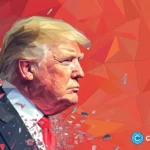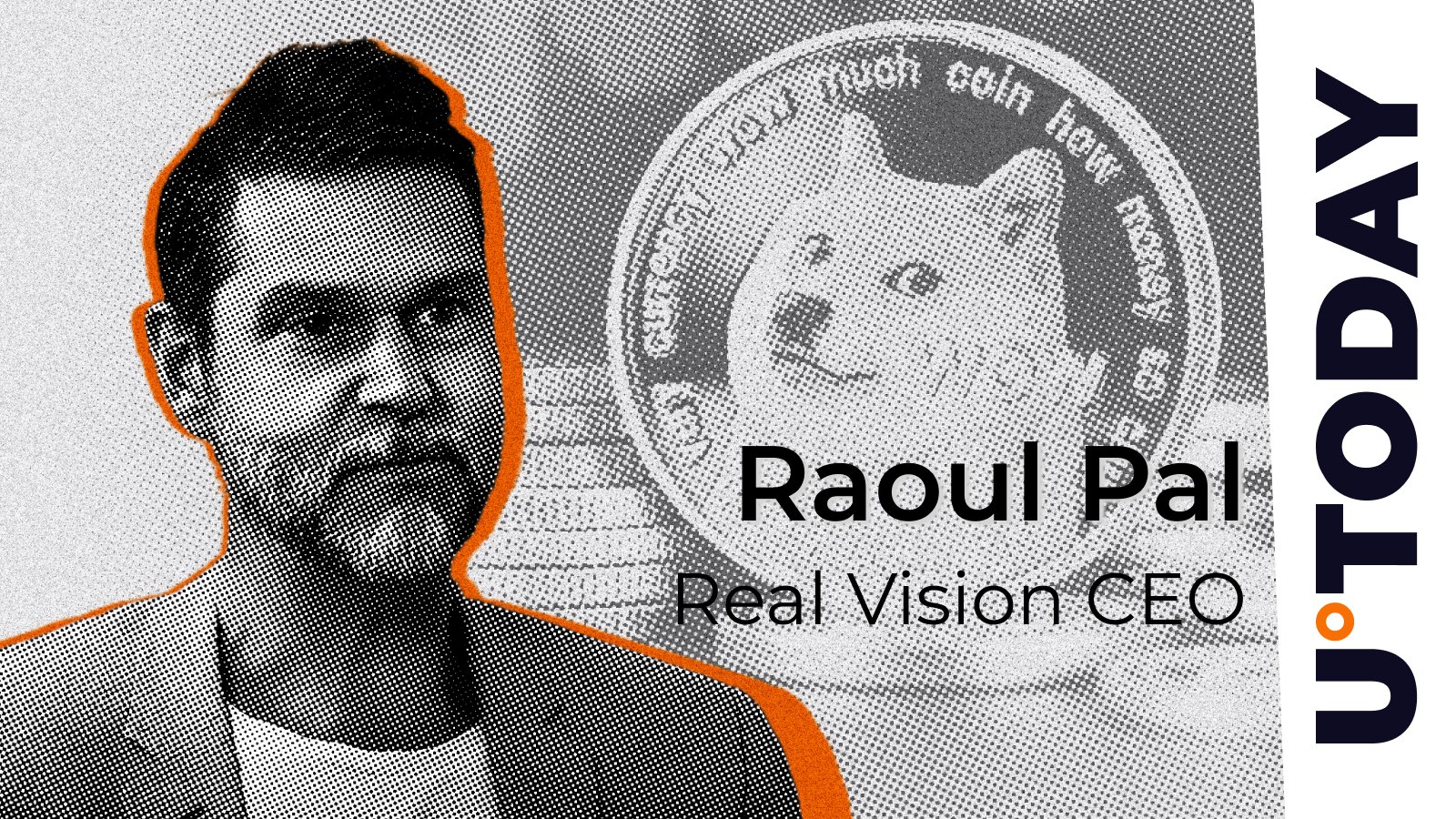According to Hong Kong’s Securities and Futures Commission (SFC), the regulator is ready to approve more licenses for crypto exchanges. However, it reminded them that they must first undergo stringent compliance checks.
The SFC released a licensing framework, which all exchanges must comply with. This framework addresses key issues, such as AML practices, investor protection, and secure assets custody.
The SFC’s digital asset licensing framework
After an inspection period of about five months, the commission found some of the digital assets trading companies that submitted to its approval process lacking in key areas, such as custody of clients’ assets and other safety practices.
This led to three exchanges: OSL, Hashkey, and HKVAX, getting fully licensed. 11 others, including Crypto.com, got a tentative license, pending when all issues are fixed.
These newly issued licenses are expected to improve Hong Kong’s reputation as an international cryptocurrency hub.
Dr. Eric Yip, the Executive Director of Intermediaries at the Securities and Futures Commission, confirmed that exchanges found the feedback useful in developing their businesses. He also said they are willing to commit resources to rectify issues noted during the audit. He noted that scrutiny from regulatory bodies into the digital assets economy will drive market participants to operate within legal boundaries, which is a net positive for the adoption of digital assets.
Hong Kong digital assets-friendly regime
Since they were first introduced, crypto regulation has been a divisive subject. In the past, Hong Kong was not too friendly with digital assets either. At the time, it cited their volatile nature, concerns about investor protection, and money laundering.
After JPEX, an unlicensed crypto exchange defrauded over 2,600 people of about $105 million, the Hong Kong government sprung into action to protect its citizens. Since then, the region has made a strong bid to become a global digital assets hub.
The SFC has grown to be one of the regulators with a comprehensive policy regarding the regulation of digital assets. Hong Kong also established itself as a pioneer by being the first to launch crypto ETFs in Asia, just 3 months after the financial products were launched in the U.S.








